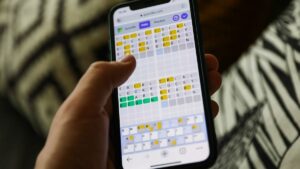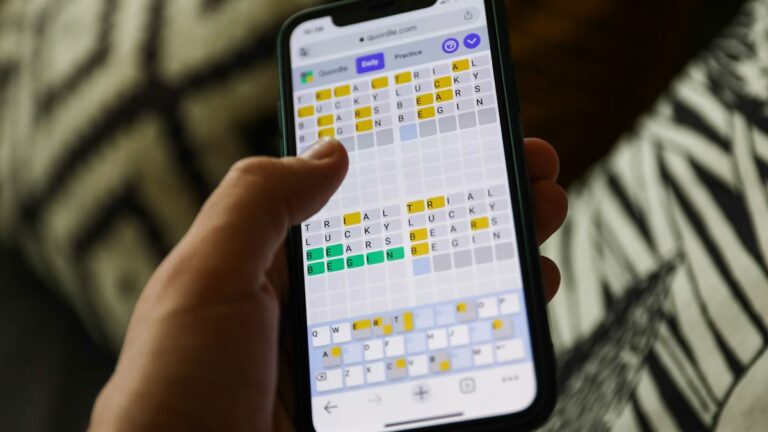
Getty Images | The Washington Post
The US Department of Justice sued Apple today, alleging that the company violated antitrust laws by restricting rivals’ access to iPhone features and monopolizing the smartphone market.
The lawsuit in US District Court for the District of New Jersey alleged that “Apple suppresses… innovation through a web of contractual restrictions that it selectively enforces through its control of app distribution and its ‘app review’ process, as well as by denying access to key points of connection between apps and the iPhone’s operating system (called Application Programming Interfaces or ‘APIs’). Apple can enforce these restrictions due to its position as an intermediary between product creators such as developers on the one hand and users on the other.”
The DOJ is seeking an order determining that Apple has illegally monopolized the smartphone market in the US. The agency also wants the requested order to block Apple from continuing its allegedly anticompetitive practices.
The DOJ said a court order should at minimum prevent Apple from “using its control of app distribution to undermine cross-platform technologies such as super apps and cloud streaming apps,” prevent Apple “from using private APIs to undermine cross-platform technologies like messaging, smartwatches, and digital wallets,” and prevent Apple “from using the terms and conditions of its contracts with developers, accessory makers, consumers, or others to obtain, maintain, extend, or entrench a monopoly.”
The DOJ defined “super apps” as those that provide “broad functionality in a single app.” These apps that Apple allegedly is undermining “can improve smartphone competition by providing a consistent user experience that can be ported across devices,” the DOJ said.
In a response provided to Ars, Apple said the “lawsuit threatens who we are and the principles that set Apple products apart in fiercely competitive markets. If successful, it would hinder our ability to create the kind of technology people expect from Apple—where hardware, software, and services intersect. It would also set a dangerous precedent, empowering government to take a heavy hand in designing people’s technology. We believe this lawsuit is wrong on the facts and the law, and we will vigorously defend against it.”
This story is developing and we will provide more details on the DOJ’s lawsuit against Apple later today.




















+ There are no comments
Add yours